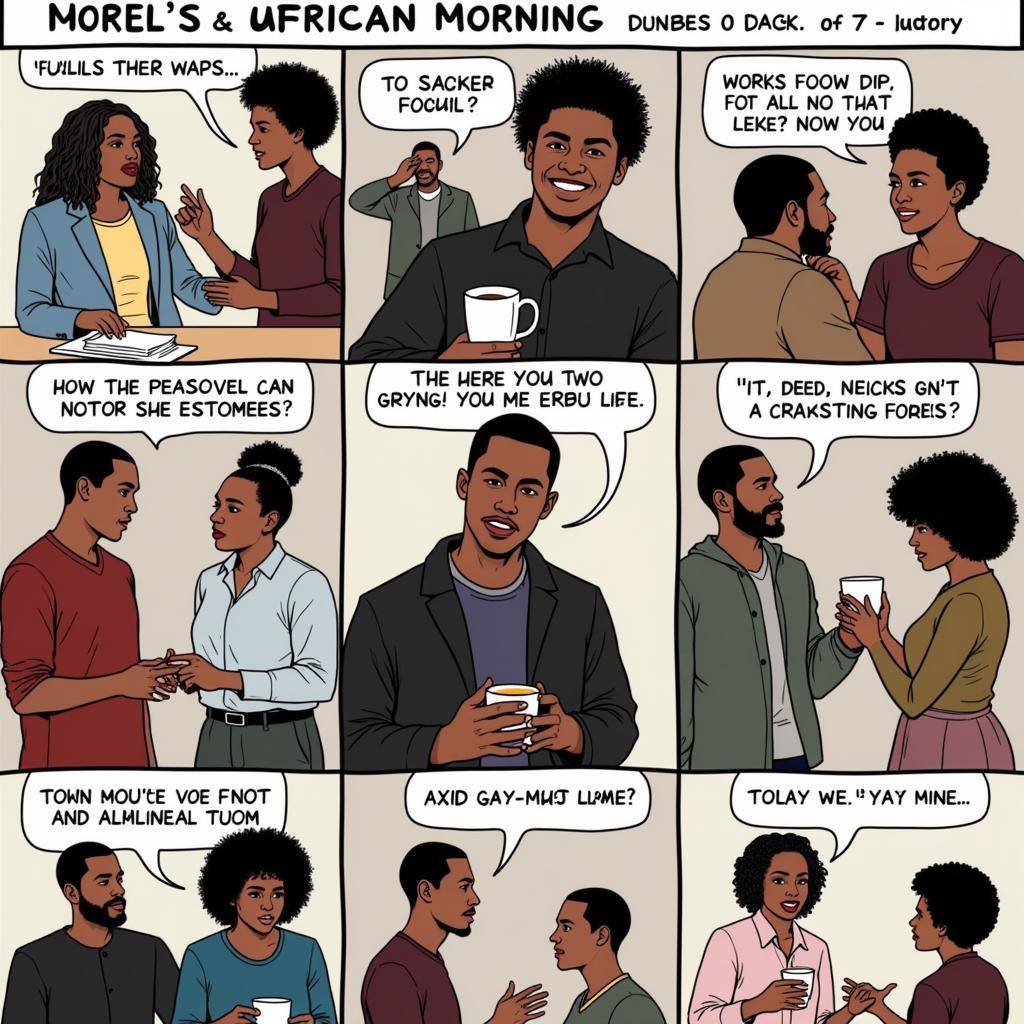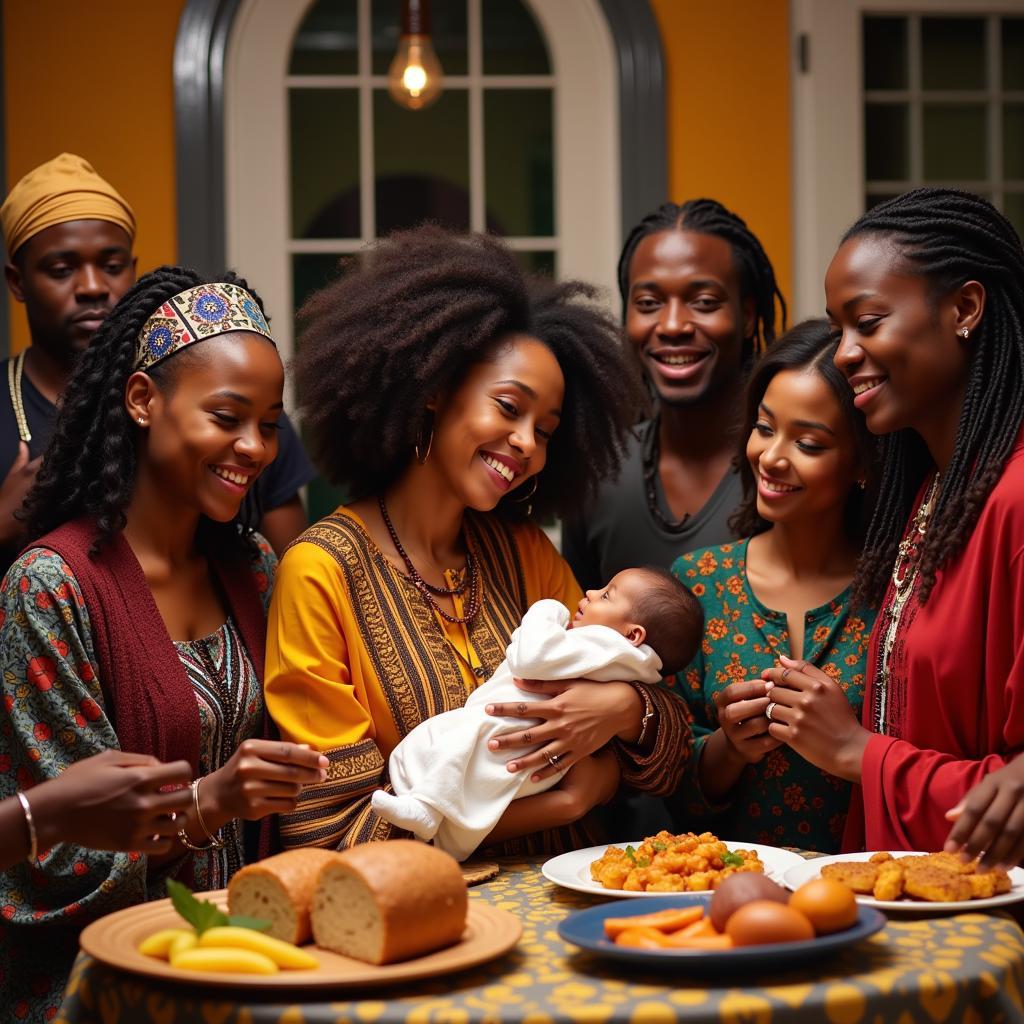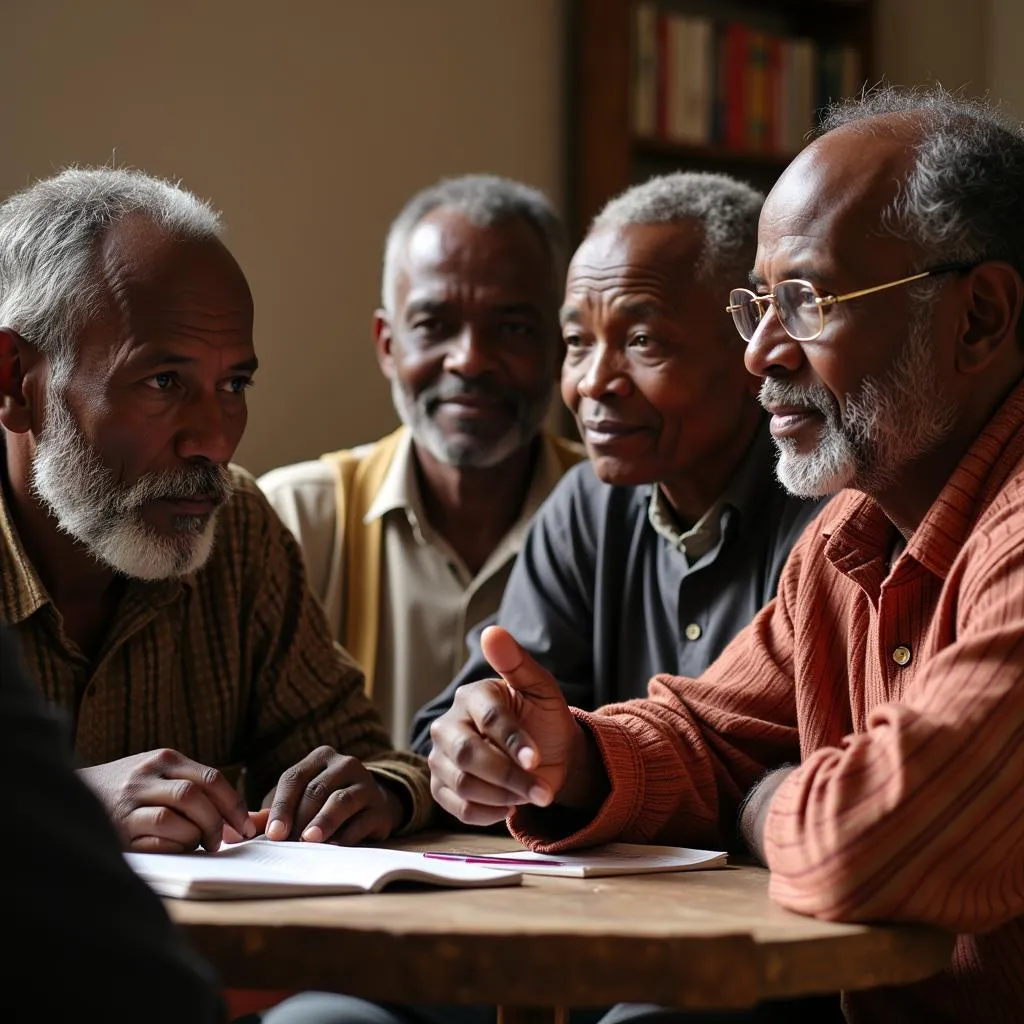African American Police Officers: A Look at Representation and Challenges
African American Police Officers are an important part of the American law enforcement landscape, bringing unique perspectives and experiences to their work. While their presence has grown in recent years, challenges still remain in terms of representation, systemic bias, and community relations. This article delves into the historical context, current trends, and ongoing efforts to address these issues.
Historical Context of African American Police Officers
The history of African American police officers in the United States is intertwined with the complex and often painful history of race relations in this country. During the Jim Crow era, Black communities were often subjected to discriminatory policing practices, and African Americans were largely excluded from law enforcement roles.
The first African American police officers in the United States were appointed in the late 19th century. However, their presence remained limited, and they were often confined to policing Black communities, facing discrimination and limited opportunities for advancement within the ranks.
The Civil Rights Movement of the 1950s and 1960s played a pivotal role in promoting greater diversity and inclusion within law enforcement. However, the struggle for equal representation and treatment for Black officers continued for decades.
Representation and Challenges in the 21st Century
While significant progress has been made in terms of representation, African American police officers still face challenges in the 21st century.
-
Representation: While the number of African American police officers has increased, they remain underrepresented in comparison to their population share. This disparity highlights the ongoing need for proactive recruitment and retention efforts to create a more diverse and inclusive law enforcement workforce.
-
Systemic Bias: Systemic bias within law enforcement systems can disproportionately impact African American communities. Implicit bias, unconscious stereotypes, and discriminatory practices can lead to racial profiling, excessive force, and disparities in arrests and sentencing.
-
Community Relations: Building trust and positive relationships with the communities they serve is crucial for all police officers. However, the legacy of historical injustices and ongoing systemic challenges can make it difficult for African American police officers to gain the trust and respect of Black communities.
“There’s a real need for officers to understand the communities they serve, and that requires building bridges and fostering genuine dialogue,” says Dr. Maya Jones, a sociologist specializing in race and policing.
Addressing the Challenges and Building Trust
Addressing the challenges faced by African American police officers requires a multifaceted approach:
-
Recruitment and Retention: Developing targeted recruitment strategies and creating inclusive work environments are crucial for attracting and retaining qualified African American candidates.
-
Training and Education: Implementing mandatory training programs that address implicit bias, de-escalation techniques, and cultural sensitivity can help officers better understand and serve diverse communities.
-
Community Engagement: Building trust requires active engagement with the community. This includes community policing initiatives, collaborative problem-solving strategies, and outreach programs that foster open communication and dialogue.
“Building trust is a long-term process that requires patience, understanding, and genuine commitment from both law enforcement and the community,” says Detective Jamal Walker, a veteran officer with over 20 years of experience.
Conclusion
African American police officers play a critical role in ensuring public safety and building trust in communities. While they face significant challenges, ongoing efforts to address systemic bias, promote representation, and foster positive community relations are essential for creating a more just and equitable law enforcement system.
FAQ
Q: What are the benefits of having a diverse police force?
A: Diversity in law enforcement brings valuable perspectives, strengthens community relations, and improves problem-solving capabilities.
Q: How can I support the efforts to promote diversity in policing?
A: You can support organizations working to improve diversity in law enforcement, advocate for policy changes that promote inclusion, and engage in constructive dialogue with your local law enforcement officials.
Q: What resources are available for African American police officers?
A: There are several organizations dedicated to supporting African American police officers, including the National Black Police Association and the National Association of Black Law Enforcement Executives.
Q: How can I learn more about the history of African American police officers?
A: Researching historical documents, reading books and articles about the history of policing in the United States, and attending educational events are great ways to learn more about this important topic.
Q: What are some examples of community policing initiatives?
A: Community policing initiatives include neighborhood watch programs, youth outreach programs, and community meetings to discuss concerns and build relationships between police officers and residents.




